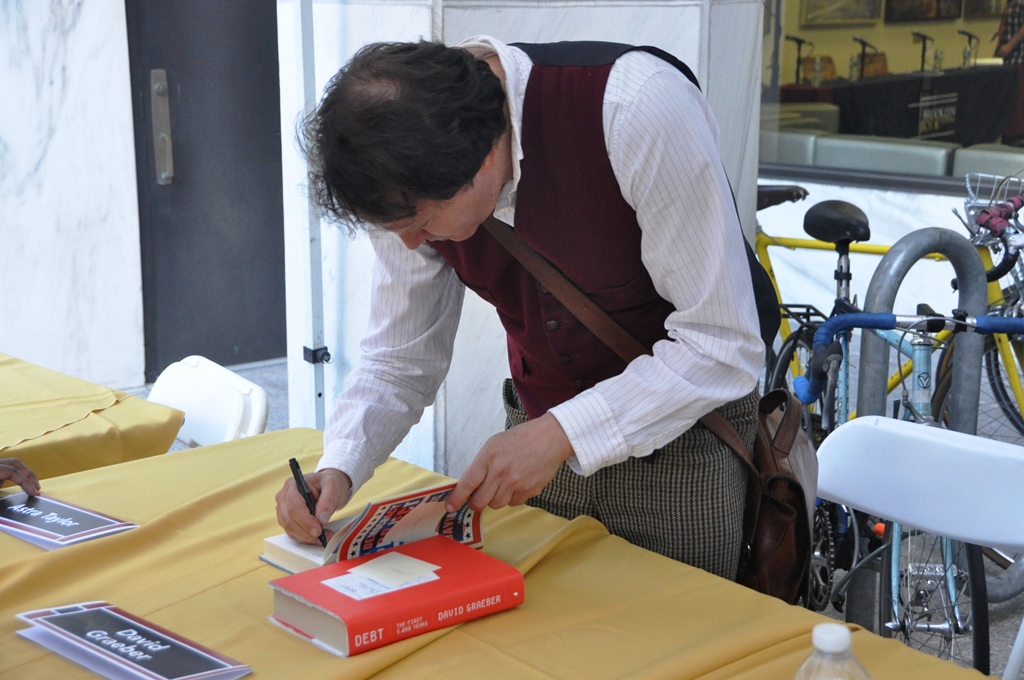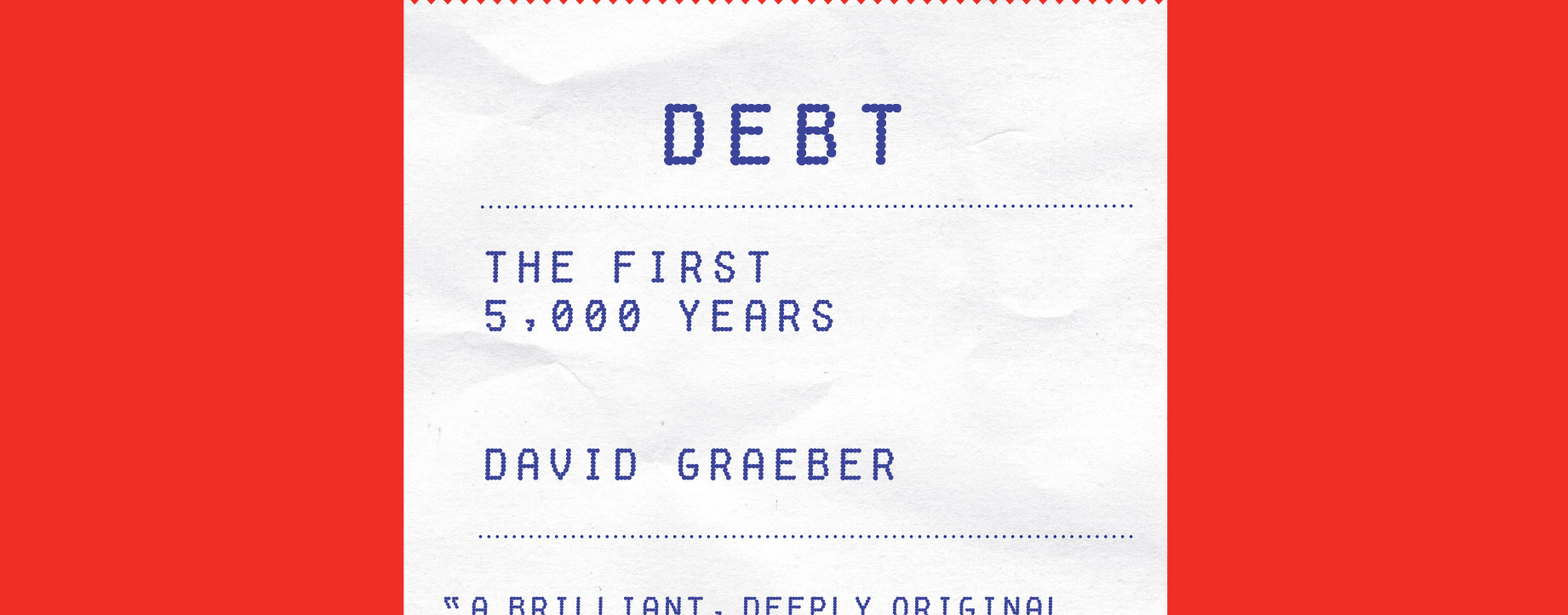
And they decide to do something about it. Fed up with their narrowed prospects, they join a group of activists who have taken up space, literally, in the shadow of New York’s financial institutions and they start talking about what they have in common: their debt.

The debt will stick with them forever, even shaving off dollars from their Social Security checks, and make the normal mileposts of adult life-marriage, children-difficult or impossible to achieve. The interest on the debt eats up most of the students’ subsequent income from the job market, leaving them with no chance of ever paying off the principal in a reasonable timeframe. Perhaps instead they borrow money to pay for the lecture, along with other lectures, a place to live, and the associated administrative costs of providing lectures to students.

The restaurateur is paid, the economist is satiated, while the students have learned something worthwhile.īut the only people who pay Ben Bernanke directly for his thoughts are investors. Thankfully, the economist has students to whom he can sell his knowledge for dollars, which then function as a medium of exchange with which he can purchase his meal. Would a restaurateur exchange his goods for a lecture on monetary policy? Perhaps not, and the meal goes unsold and the economist goes hungry.

The evolution from barter to money is an old story in economics, repeated down the centuries in one form or another, to the point that even children are aware of it.īarter systems would indeed make it difficult for an economist to eat lunch.


 0 kommentar(er)
0 kommentar(er)
